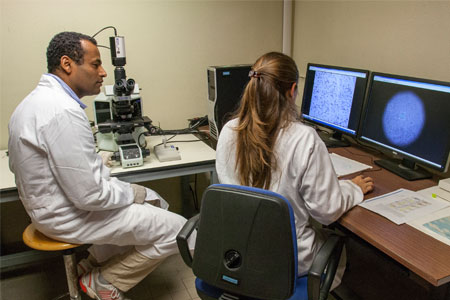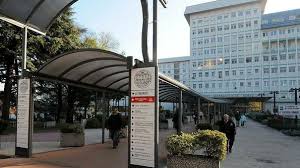- Dipartimento

Presentazione
Organizzazione
Riferimenti
- Ricerca

La ricerca in breve
Attività di Ricerca
- Didattica

Corsi di Studio
Dottorati, Master e Formazione Superiore
Servizi per la didattica
- Territorio e Società

Informazioni per il territorio
Servizi per il territorio
Riferimenti
- Persone
- contatti
-



